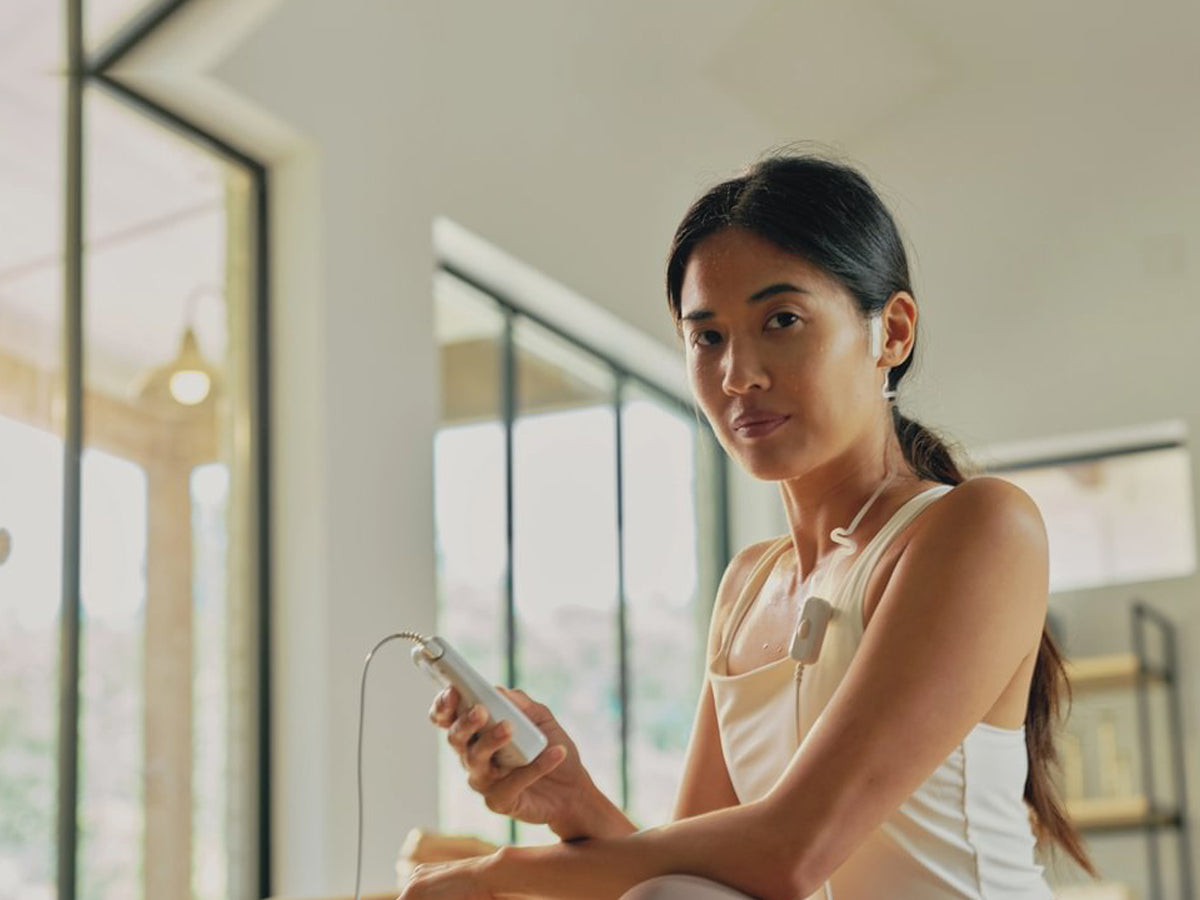Quick TakeThe Reality Of Living With PCOSShe saw doctor after doctor. OBGYNs, endocrinologists, even a dermatologist. Each one treated a different symptom, but no one looked at the whole picture. Her irregular periods were brushed off. Her weight gain blamed on stress or overeating. Her mood swings dismissed as anxiety. It wasn’t until years later, after countless appointments, tests, and mounting frustration, that my family member finally received a diagnosis: Polycystic Ovary Syndrome (PCOS). By then, the condition had progressed so far that it required a hysterectomy to resolve. Out of respect for her privacy, I won’t share her name. But I share her story because I’ve seen firsthand how devastating it can be to go unheard for so long—and how common that reality is for women living with PCOS. PCOS is one of the most common yet misunderstood conditions affecting women and people with ovaries—especially during the reproductive years. Millions suffer from it, but many go undiagnosed for years, left feeling confused, unheard, and dismissed. Let’s change that. |
What Is PCOS?
Polycystic Ovary Syndrome (PCOS) is a hormonal disorder that affects up to 1 in 10 women of reproductive age. While the name points to ovarian cysts, PCOS is really a complex endocrine condition involving hormone imbalance, metabolic issues, and reproductive irregularities. You don’t have to have cysts on your ovaries to have PCOS—and having cysts doesn’t necessarily mean you have PCOS. That’s part of what makes it tricky to diagnose.
The key features of PCOS usually include:
- Irregular or missed periods
- Elevated levels of androgens (male hormones), which may cause acne or excess facial/body hair
- Ovaries that may be enlarged or have multiple small follicles
- Weight gain or difficulty losing weight
- Mood changes, fatigue, and difficulty concentrating
How Does PCOS Feel?
Every person’s experience with PCOS is different. Some women have all the hallmark symptoms; others only have one or two. But nearly everyone shares a common thread: the frustration of not feeling heard or understood.

PCOS doesn’t just affect your cycle. It can impact your skin, your energy, your mood, your fertility, and your relationship with your body. It can feel isolating, unpredictable, and like your body isn’t cooperating with you. And because so many of the symptoms overlap with other conditions, it often takes years to piece together what’s really going on.
Where Do You Go for Help?
If this sounds familiar, you’re not alone—and you’re not imagining it. Here’s how to start getting answers:
1. Talk to Your Healthcare Provider
If you suspect PCOS, ask for a full hormonal workup. That may include:
- Blood tests to check hormone levels, glucose, and insulin
- A pelvic ultrasound to look at ovarian structure
- A review of your symptoms over time; not just at one appointment
Be honest and persistent. If you don’t feel heard, you can seek a second opinion, especially from a provider who specializes in reproductive endocrinology.
2. Track Your Symptoms
Logging your cycle, mood, energy levels, cravings, and other symptoms over a few months can help show patterns that might point toward PCOS. You don’t need to wait for an official diagnosis to start noticing what your body is trying to tell you.
3. Explore Supportive Care
While there’s no “cure” for PCOS, many people find symptom relief through a combination of:
- Nutrition and exercise plans tailored to insulin sensitivity
- Hormone-balancing strategies (both medical and lifestyle-based)
- Nervous system support, to help with mood, cravings, and cycle balance
Let’s Stop Normalizing the Struggle
Too often, women are taught to push through their period symptoms, ignore their intuition, and accept pain or confusion as part of life. But menstrual health is health—and you deserve real support, real answers, and a provider who’s ready to listen.
Start the Conversation
If you’ve ever wondered if your symptoms are “normal” or felt dismissed by the medical system, it’s time to trust your instincts. Make an appointment. Ask the hard questions. Bring up PCOS.
Because the sooner you get the answers, the sooner you can start feeling like you again.
Ohmbody is a wellness device used to aid in menstrual health and is not an FDA-approved treatment specifically for PCOS. While transcutaneous auricular neurostimuation shows promise for a wide variety of indications, consultation with a healthcare professional is crucial before considering any treatment for PCOS, including devices like OhmBody. They can assess your individual situation and determine the appropriate and safe course of action.


Share:
Can You Actually Shorten Your Period?
When Your Period Changes the Rules: My Perimenopause Story